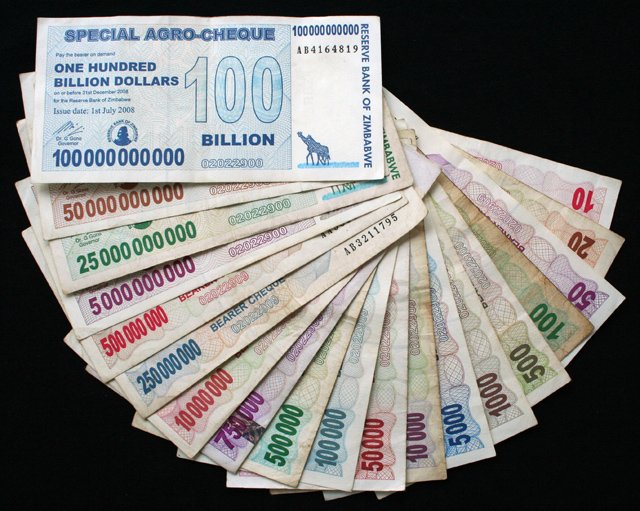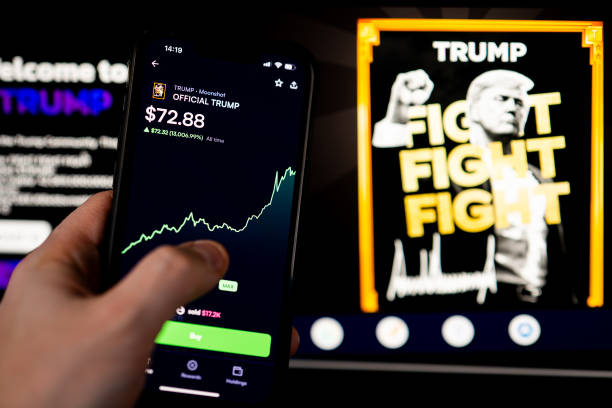The ongoing turmoil in Zimbabwe reinforces the fact that people around the world are increasingly turning to Bitcoin in times of crisis.
In times of crisis, individuals look to a number of things to help support them through the troubled times. Some of these items include faith, family, and a belief that better times are just around the corner. Another article that people are turning to during a major crisis is Bitcoin.
Uncertain Times Lead to Increasing Use of Bitcoin
The most recent situation where Bitcoin and a crisis intersect is Zimbabwe. The African country is in turmoil after its leader (or dictator, depending upon your point of view), Robert Mugabe, was toppled by the country’s military. The situation is very volatile as Mugabe still has not officially stepped down and has actually called for a cabinet meeting tomorrow, missing a deadline made by Parliament that he resign.

While it’s unknown how the final situation will shake itself out, we do know with certainty that people in Zimbabwe are turning to Bitcoin to address the country’s rampant inflation. In fact, the price of Bitcoin in Zimbabwe jumped to double the international rate after the military coup.
Bitcoin is perfect for Zimbabwe as the country no longer has its own currency due to insane hyperinflation (as evident by a 100 trillion Zimbabwean dollar bill!). Due to zero faith in any governmental institutions, locals are turning to cryptocurrency to fill their needs. As the co-founder of La Maison du Bitcoin, Manuel Valente, says:
In many countries of Africa, there are far more cellphones than bank accounts. For bitcoin, all you need is a phone.
Digital Currency Filling a Desperate Need
We’ve seen people from different countries in crisis, such as Venezuela and Zimbabwe, using Bitcoin and other cryptocurrencies to buy desperately needed supplies and services. In Venezuela, inflation of 741% in the last year has led to many mining Bitcoin in order to survive. Governmental forces have shut down and arrested a number of crypto mining operations, but the rub is that the government officials are then using the confiscated tech to mine their own cryptocurrency.
In quite a few countries around the world, the political and economic landscape is fraught with peril, and the future is unknown. Government institutions fail with increasingly regularity, leaving the populace with little to no faith in their government.
As Andrew Milne, the co-founder of the Altana Digital Currency Fund (a $22 million hedge fund that specializes in cryptocurrencies), notes:
Bitcoin is a safe haven for people around the world who don’t trust their governments. There are many countries where people are looking for an asset that isn’t vulnerable to banks blowing themselves up.
The result is that many shops in Africa are now accepting Bitcoin as a payment option. There is also a growing number of local exchange points, and it’s even common for a single person to act as an exchange with just a smart phone and a wallet full of cash. The reality is that as long as governments continue to fail them, people will look to other means, such as Bitcoin, in order to keep their families fed and clothed.
Do you think that a crisis leads to a greater use and reliance upon Bitcoin and other cryptocurrencies? What can people do when their governmental institutions fail them? Let us know in the comments below.
Images courtesy of Wikimedia Commons.











